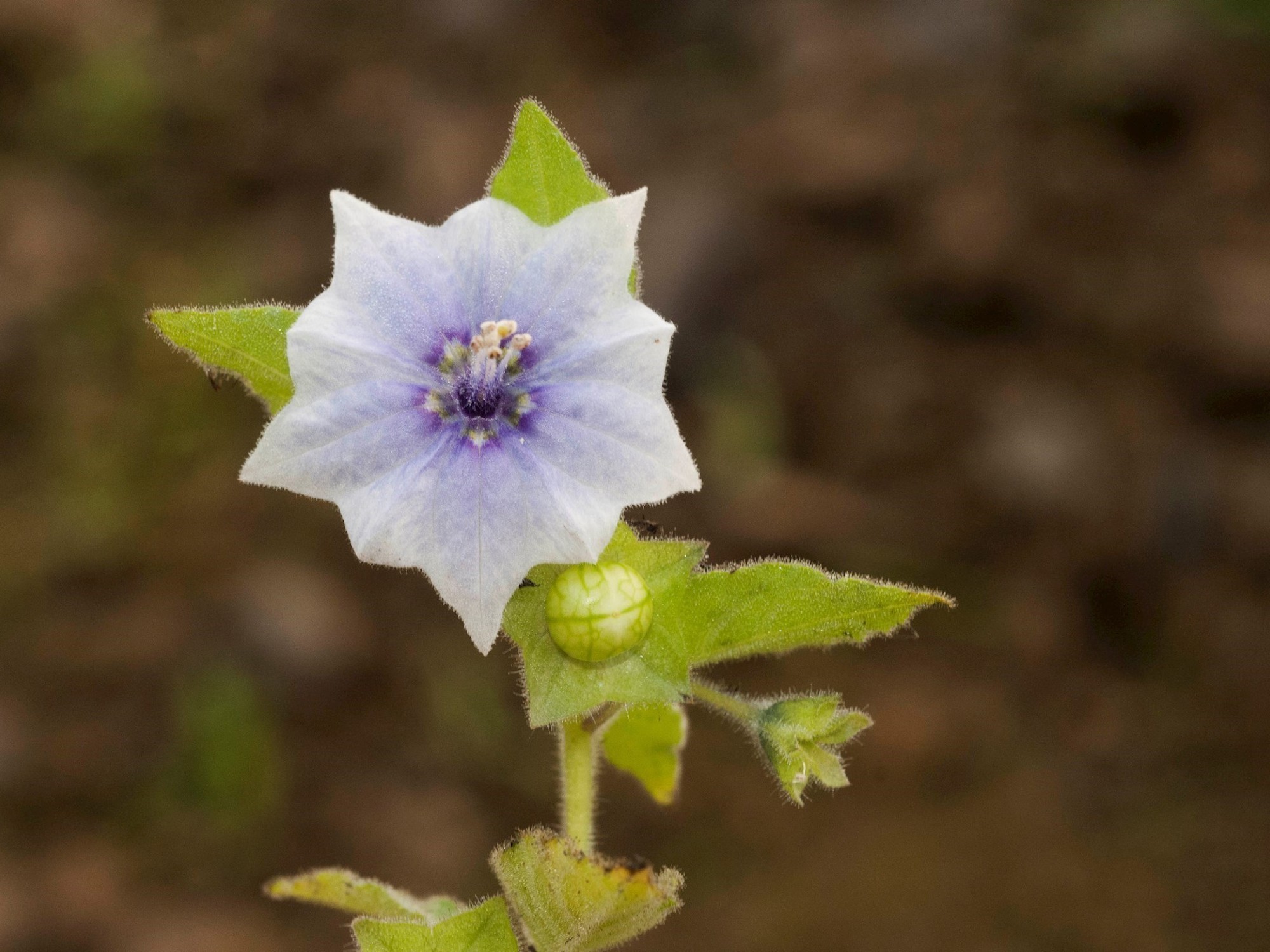As concerns soar over world food cost hikes, the future of the Friday night chippie could be secured, thanks to new research into the humble potato by scientists at the Royal Botanic Garden Edinburgh (RBGE) and international partners. Through Scottish expertise in plant sciences, the global food trade could be positively impacted.
Potatoes are typically propagated by cloning, but the Holy Grail for potato cultivation has been the creation of a cultivar that can be generated by seed. True seed potatoes – also known as diploid potatoes – will need fewer pesticides and be more adaptive to the world’s changing needs.
While diploid potatoes already exist, they are not yet commercially viable as they simply do not produce high enough yields to be worth cultivating. Scientists, including Dr Tiina Sarkinen, Tropical Biodiversity Scientist specialising in the Solanaceae family at RBGE, have been keen to get to the root of the problem: “Speeding up true potato seed breeding is a key priority. Having a better true potato seed available would reduce diseases that plague the potato industry simply because most pathogens are not seed borne”.
Dr Sarkinen was part of an international research team that used wild species related to the potato to identify the barriers to making a better true potato seed. “We used full genomes of 92 plant species in the nightshade (Solanaceae) family and identified almost 368,000 deleterious gene mutations that had accumulated over time. Thanks to our map, these harmful mutations can now be avoided - this is a real game-changer in diploid potato breeding programmes.”
Potatoes are often susceptible to pests and diseases that cause poor growth, defoliation or even the death of plants in huge numbers, and this is particularly true in countries like China and Bangladesh which have seen a huge growth in potato farming.
For the UK farmer, while traditional propagation methods are likely to remain more productive for the time being because of the cooler climate in Britain compared to the tropics, the research offers opportunities for the development and export of true potato seed, especially to tropical countries that suffer from greater losses due to pathogens.
The methodology, called Genomic Evolutionary Rate Profiling (GERP) enables researchers to identify and quantify harmful mutations more effectively than previous approaches, increasing their ability to predict a hybrid’s success by 24.7%. While it won’t affect the potato on your plate, it will help to improve food security across the world. In time, the method could also be used to improve productivity in other crops in the Solanaceae family, including tomatoes, peppers and aubergines.

